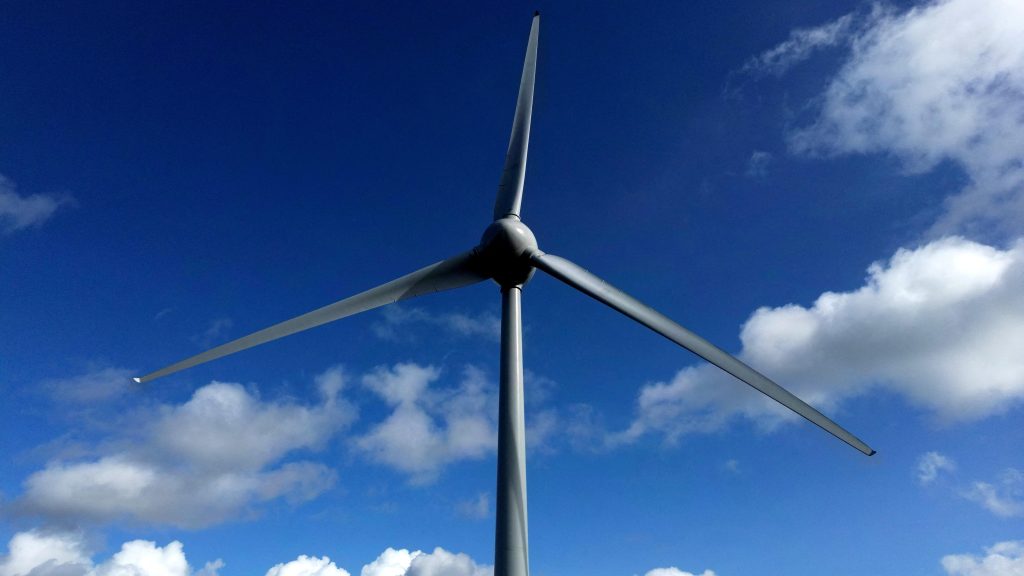Britain’s Octopus Energy Eyes New Onshore Wind Projects After Ban Lifted

Britain’s Octopus Energy expects to announce new onshore wind projects “fairly soon” after the incoming Labour government last week ended an effective ban on new wind farms in England, its CEO said in an interview.
The Labour government has a goal to decarbonise the country’s electricity system by 2030 and last week set out plans to help unblock infrastructure projects as it seeks to increase the country’s renewable power capacity.
“We’ve got thousands of communities contacting us about onshore wind,” Octopus Energy CEO Greg Jackson told Reuters. “I expect we will be able to announce some projects in areas where people want them fairly soon,” he said.
Jackson said Labour must also continue reforms of the country’s energy markets, and that it should pursue proposals put forward by the former Conservative government to use a location-based method to determine how much consumers should be charged for electricity.
That would effectively mean consumers living close to generating sites paying less for their power, incentivizing local communities to support new developments.
“The critical steps now are the market reforms that enable you to see regional pricing that really gives you the opportunity to invest in the right projects in the right places,” Jackson said.
“Reforming wholesale markets to a more locational basis will cut the costs in every region.”
Zonal electricity pricing is already used in some European countries such as Italy, Sweden and Norway.
Octopus has a program to help match communities that want new wind projects with landowners happy to host turbines, with the communities able to get their electricity up to 50% cheaper.
“If electricity is consumed close to where it is being generated, it should reflect those lower costs and provide cheap electricity to the communities that host turbines,” Jackson said.
Octopus’ Energy Generation arm manages a portfolio of around 1.7 gigawatts of renewable power in Britain worth 5 billion pounds ($6.48 billion), and has projects in several other countries such as Germany and the U.S.
(Reporting by Susanna Twidale; Editing by Jan Harvey)




